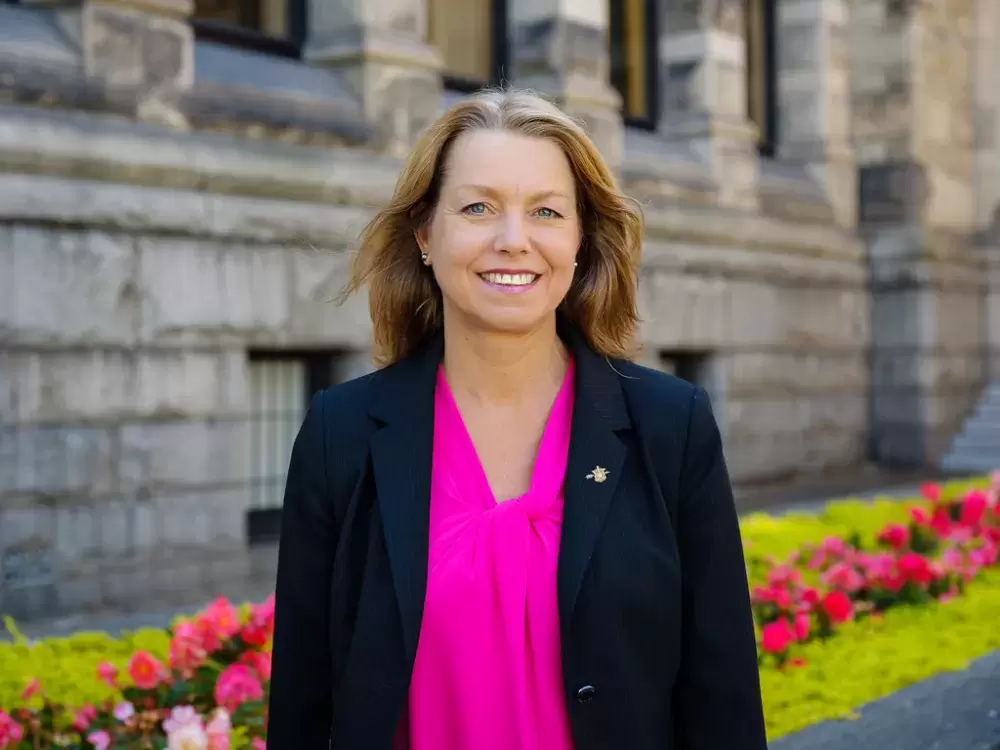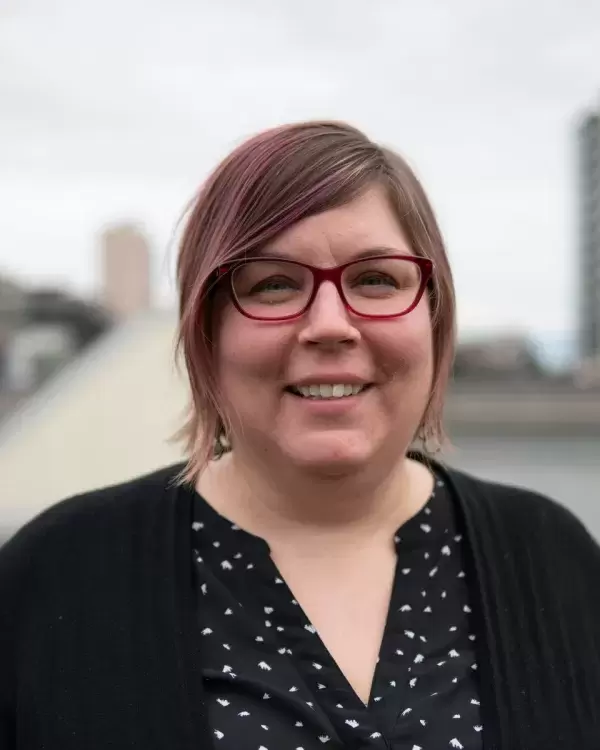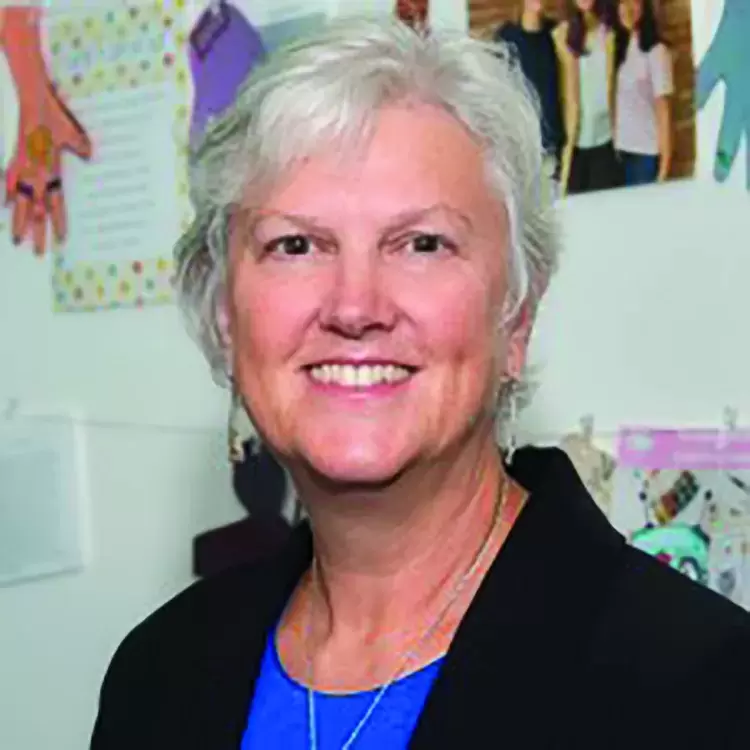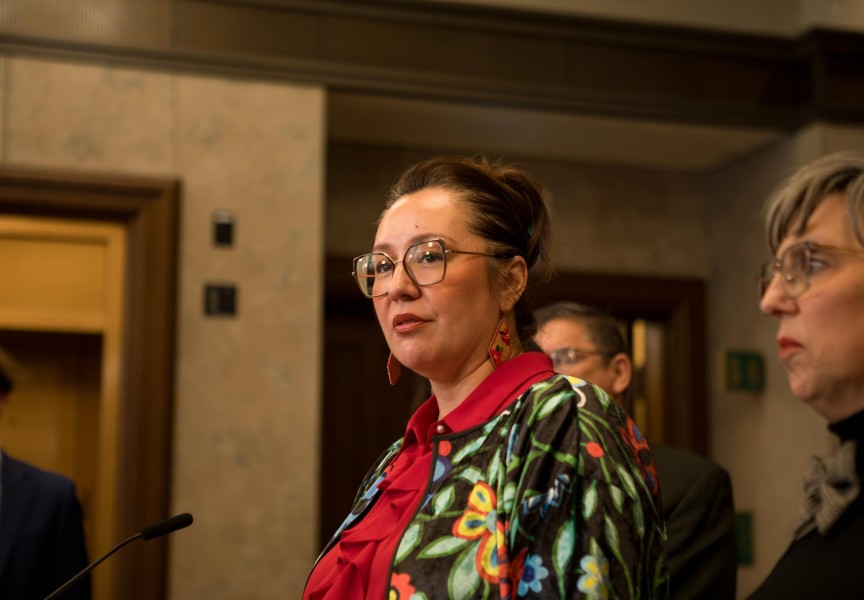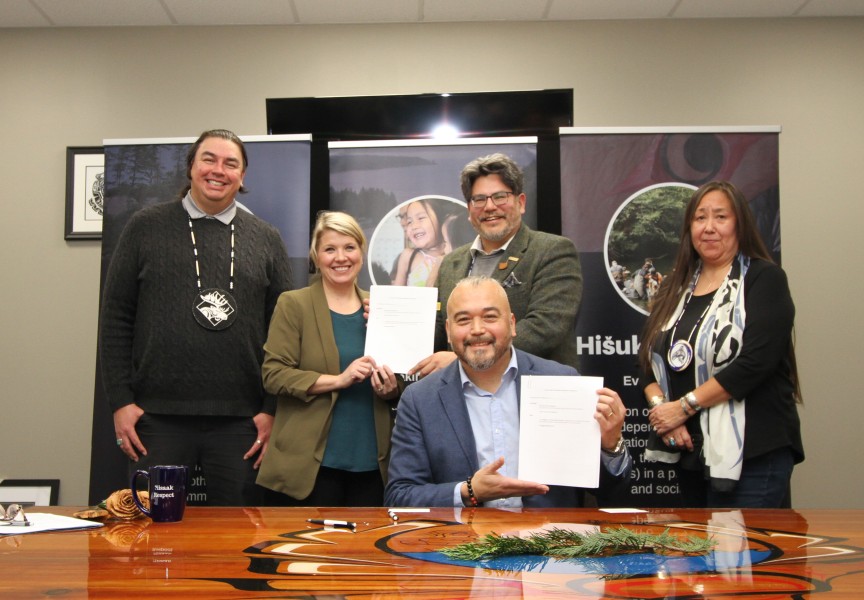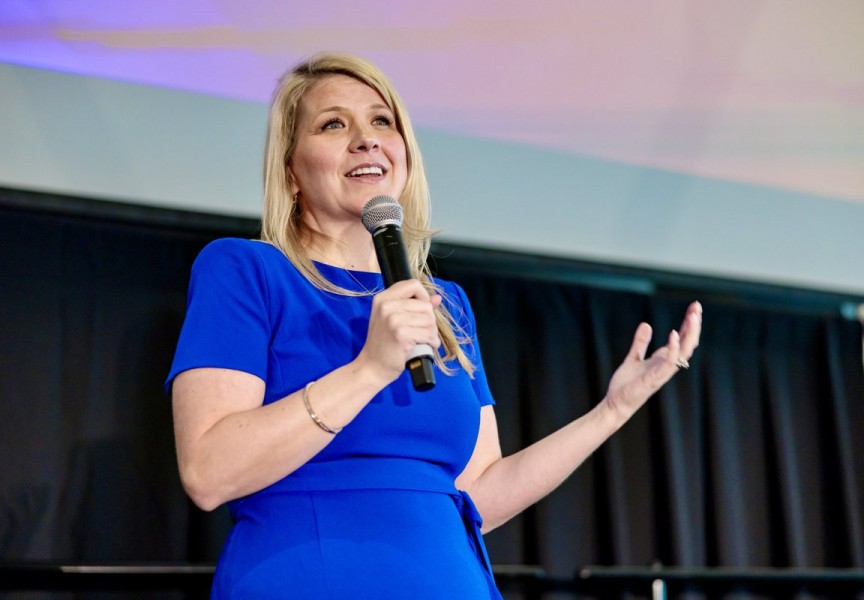Jennifer Charlesworth is pleased to see action is being taken to continue supporting youth and young adults throughout the province.
It was announced late last month that the B.C. government would be extending COVID-19 emergency measures, thus providing continued access to the Agreements with Young Adults (AYA) program until March of next year.
“It’s been extended in recognition young people are disproportionately affected by the pandemic,” said Charlesworth, who has served as the province’s Representative for Children and Youth since October of 2018.
The government had announced emergency measures for the AYA program in March of last year. These measures have been extended a few times.
In March of this year the government had declared supports through the program would continue until the end of September. A few days before those measures were to expire, it was announced they were being extended once again until March 31, 2022.
The program allows those who have transitioned from foster care to better access supports for life skills, education, mental health and rehabilitation.
Almost two-thirds of those in the province’s foster care system are Indigenous.
Despite the disproportionately high number of Indigenous people in foster care, Charlesworth said a very low percentage of them had been accessing AYA supports. More are doing so now.
“I think it’s good news,” Charlesworth said of the latest government extension of emergency measures for the AYA program. “And the other thing is they are now being more successful engaging more Indigenous people.”
Like others in the program, Indigenous youth and young adults can receive support on issues such as goal-setting, money management and improving their mental health. They can also be connected with elders to receive additional guidance and support.
Also, those in the AYA program can now continue to access housing supports until the end of next March.
Besides ministry staff, some Indigenous agency workers are able to assist those who are either seeking support or require additional information.
Charlesworth said the province’s AYA program has existed for at least 15 years. Besides emergency measures first implemented last year, eligibility for the program has also been extended.
“We have said there are a number of things that can be done to further support young people into adulthood,” she said. “My sense is what (government officials) are doing is experimenting. I hope they will use this in how to go forward.”
Provincial officials estimate more than 1,700 young adults will be eligible to benefit from housing and AYA emergency measures between March of 2020 and next March.
For those who are Indigenous, they can receive support for cultural learning. This can include things such as learning land-based practices, language education, family mapping or connecting with elders, cultural knowledge keepers or cultural mentors.
Mitzi Dean, the minister of Children and Family Development, said the government realized another AYA program extension was required.
“All youth transitioning to adulthood need support and strong relationships to help them thrive, and young adults from care can benefit from additional support to set them on a positive path,” Dean said. “We know what a tough time this has been for young people, and that's why, in response to feedback from youth, we are extending our pandemic measures and making access to mental-health services more flexible so that more youth can get the help they need.”
Lorena Bishop, the executive director of the Federation of BC Youth in Care Networks, was also pleased to see another program extension.
“We are so glad that the flexible access to the AYA program has been extended again,” Bishop said. “Young people transitioning from care, like all young people, need a safety net as they enter adulthood. It has been very beneficial for youth from government care to have some of these essential supports that they need. This is an important step to creating a comprehensive support system for youth leaving government care.”
Meanwhile, it was announced Oct. 14 that the provincial government is taking yet another important step to help youth in foster care.
During the next two months almost 4,000 youth in government care will receive a free iPhone, not only to help them stay connected with family and friends, but also to provide them with improved access to online resources, opportunities and services.
Dean said youth in care have frequently told government officials that they don’t have access to required technology.
“Access to a phone can support youth in building their self-esteem and sense of belonging, and help them to maintain important hereditary and cultural connections, as well as enhance their safety, so they can call for immediate assistance if they ever need it,” Dean said. “As we continue to slowly emerge from the pandemic, having a phone can help to alleviate the feelings of loneliness and isolation for young people.”
The Phones4Youth program will distribute smartphones from Telus to those who are 13 and older in B.C. care.
As of August of this year, there were almost 5,200 children and youth in government care in the province.

